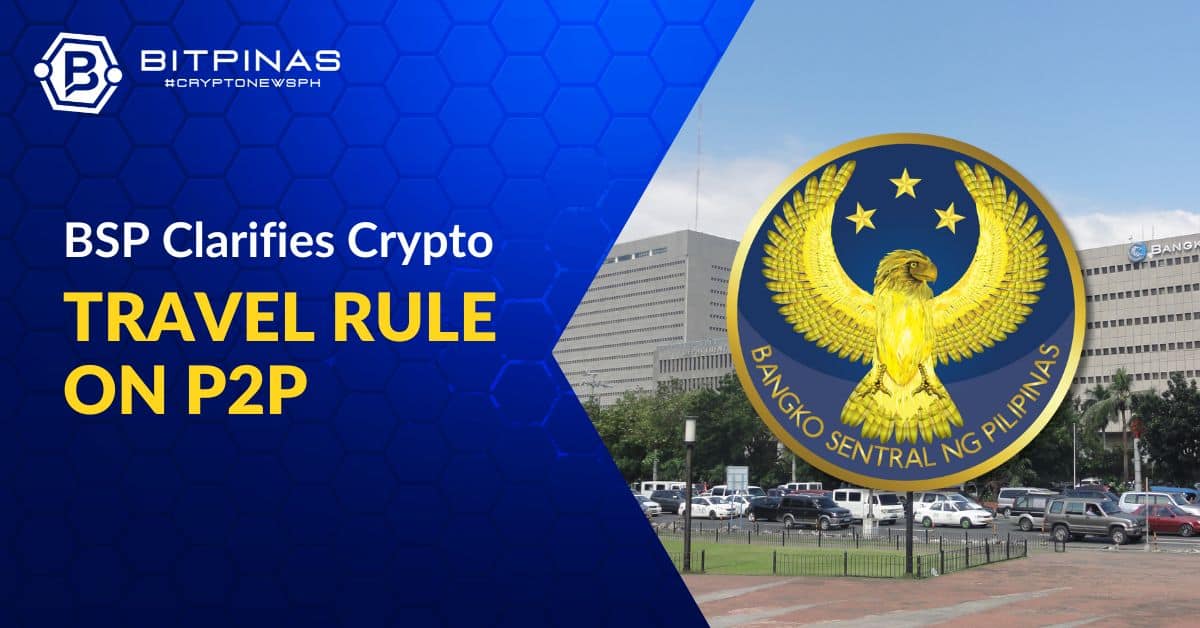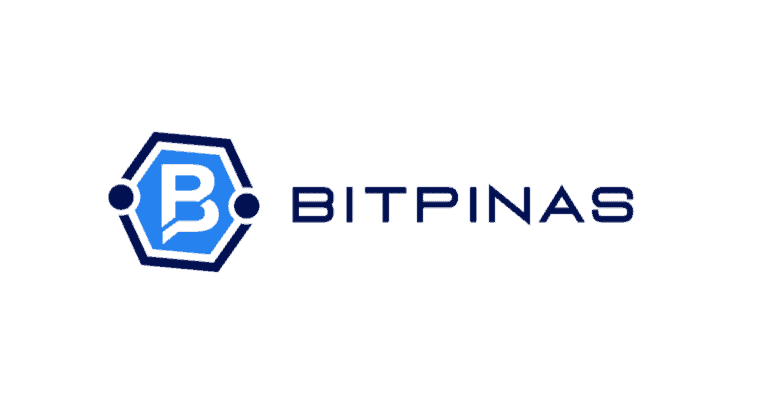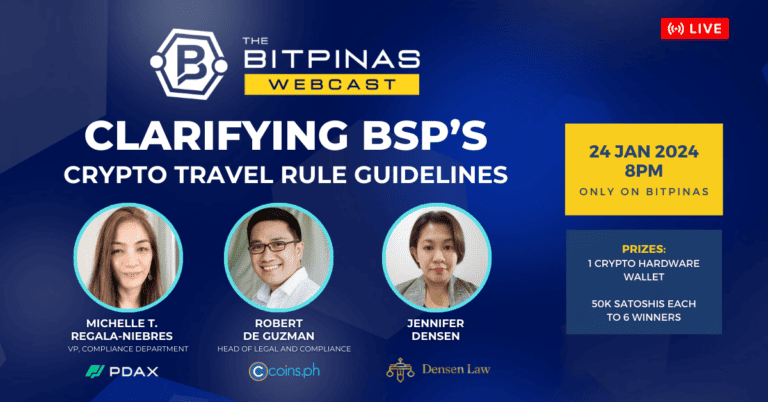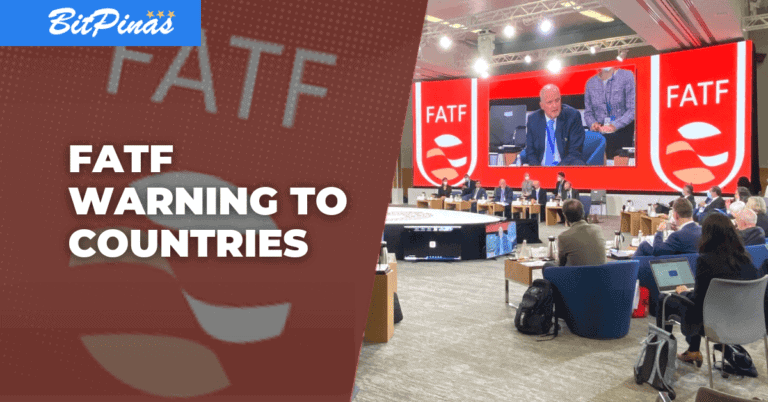BSP Clarifies Crypto Travel Rule on P2P Transactions
BSP’s latest memorandum outlines stringent rules for VASPs, with an emphasis on due diligence in peer-to-peer transactions and unhosted wallets.

To enhance the country’s risk management regarding money laundering and terrorist financing, the Bangko Sentral ng Pilipinas (BSP) has issued a memorandum clarifying Travel Rule requirements for Virtual Asset Service Providers (VASPs). One of the aspects of the memorandum was with respect to peer-to-peer transactions and regulatory expectations for transactions involving unhosted wallets.
The PDF of the memorandum is viewable at the end of the article. More information on travel rule also at the end of the article.
Table of Contents
Peer-to-Peer (P2P) and transactions Clarification
According to the memo, transactions involving Peer-to-Peer (P2P) and unhosted wallets fall outside the regulatory scope of the central bank, but due to recognized risks of money laundering, terrorist financing, and proliferation financing, stricter rules apply.
BSP stressed that VASPs must exercise caution and conduct enhanced due diligence for such transfers.
The memorandum noted that regardless of the amount, these entities are expected to obtain, verify, and retain originator information, obtain and store beneficiary information like wallet address, and retain transaction data, such as transaction hash or reference number. If minimum information is unavailable or incomplete, financial institutions should not facilitate the transfer.
Accordingly, the central banks reminded that continuous customer due diligence is required for engaging in transactions with unhosted wallets.
Other VASP Clarifications
Transactional Requirements
Under existing regulations, all virtual asset (VA) transfers are generally treated as cross-border wire transfers for VASPs.
For transactions below the Php 50,000 threshold or its foreign currency equivalent, originating institutions must ensure that VA transfers include accurate originator and beneficiary information. This information, including the name of the originator and beneficiary, and the account number or a unique reference number, should accompany the transfer throughout the payment chain.
Additionally, both originating and beneficiary VASPs must establish robust sanction screening procedures to comply with sanctions lists and prevent involvement in transactions with sanctioned individuals, entities, or jurisdictions.
The memorandum emphasized that VASPs are required to screen all transacting parties against terrorist financing/proliferation financing (TF/PF) lists and adverse media reports, with the expectation that minimum information is available for effective transaction screening.
Transfers to/from countries without Travel Rule
In the absence of Travel Rule regimes, the BSP stated that VASPs must conduct due diligence when sending virtual assets to countries without such regulations. They need to verify whether the receiving institution is able to handle Philippine Travel Rule (PHTR) information or, if not subject to Travel Rule, retain originator and beneficiary details.
When receiving VAs from these countries, the central bank noted that VASPs should assess the counterparty institution’s ability to transmit PHTR information. Financial institutions (BSFIs) are advised to consider the sending institution’s background, conduct periodic\risk assessments, and make a decision on whether to accept the VA transfer, emphasizing cautious evaluation in the absence of a formal Travel Rule framework.
Philippine Travel Rule (PHTR) to non-custodial VASPs
The BSP stressed that the PHTR applies universally to all VASPs, including non-custodial VASPs.
Non-custodial VASPs are required to obtain, verify, and retain originator information (the sending customer), as well as obtain and retain beneficiary information where the beneficiary is different from the sender. However, if transactions with non-custodial VASPs exclusively involve swaps of virtual assets, there is no requirement to transmit PHTR information.
In addition, non-custodial VASPs dealing with unhosted wallets are not required to transmit PHTR information. All collected information must be made available upon request by the relevant authorities.
What are VASPs?
Virtual assets encompass digital units of exchange that may have centralized or decentralized structures, and they can be created through computing or manufacturing efforts. VASPs include entities facilitating the exchange between virtual assets and fiat currencies, inter-virtual asset exchanges, virtual asset transfers, and custody of these assets.
Read: List of Licensed Virtual Currency Exchanges in the Philippines
What is the Travel Rule?
The Travel Rule mandates that countries ensure beneficiary VASPs obtain and retain necessary originator information and accurate beneficiary details for virtual asset transfers, making it accessible to authorities upon request.
The Financial Action Task Force (FATF), an international body combating money laundering and terrorist financing, introduced guidelines in its “Guidance for a Risk-based Approach to Virtual Assets and Virtual Asset Service Providers.”
Read: What is the FATF “Travel Rule” in Cryptocurrency?
Recent BSP News
Last month, the BSP extended the pause on new applications for Electronic Money Issuers – Non-Bank Financial Institutions (EMI-NBFI) until December 15, 2024, as per Memorandum No. 2023-035 released on the BSP website. The extension, approved under Resolution No. 1598 on December 7, 2023, allows for exceptions, particularly for applications introducing new business models, targeting unserved niches, or incorporating new technologies.
Last October, the central bank disclosed that it was considering reopening the application process for digital bank licenses in response to significant interest from various groups, anticipating the issuance of new licenses soon. The BSP had implemented a three-year moratorium in 2021, restricting the number of digital banks to six for regulatory experience.
This article is published on BitPinas: BSP Clarifies Travel Guidelines for P2P Transactions
News tip from Atty. Rafael Padilla
Disclaimer:
- Before investing in any cryptocurrency, it is essential that you carry out your own due diligence and seek appropriate professional advice about your specific position before making any financial decisions.
- BitPinas provides content for informational purposes only and does not constitute investment advice. Your actions are solely your own responsibility. This website is not responsible for any losses you may incur, nor will it claim attribution for your gains.












![[Event Recap] Southeast Asia Tech Week Sets Goal to Produce 100 Founder-Led Unicorns in PH 19 [Event Recap] Southeast Asia Tech Week Sets Goal to Produce 100 Founder-Led Unicorns in PH](https://bitpinas.com/wp-content/uploads/2023/04/seatech-1-768x402.png)